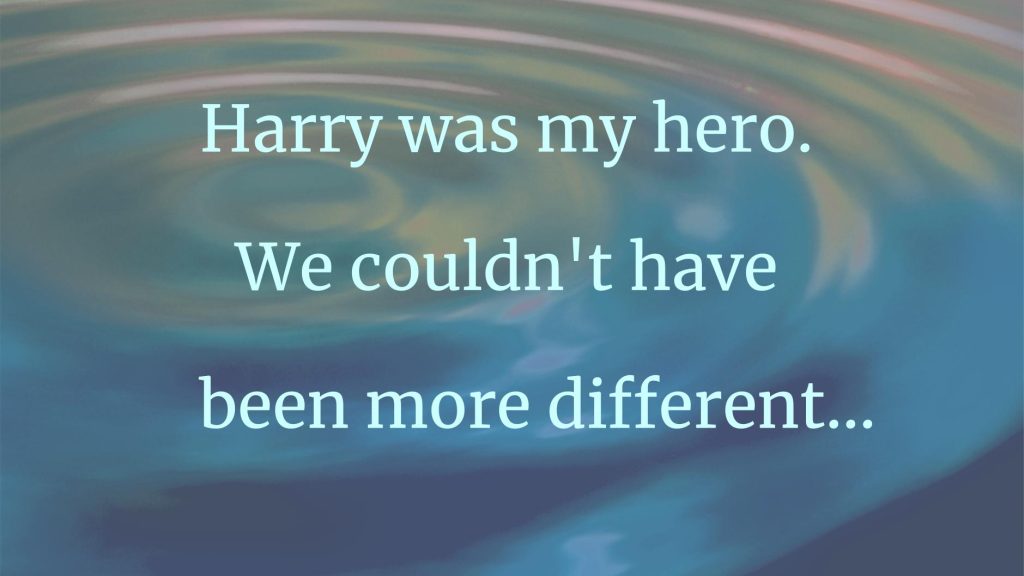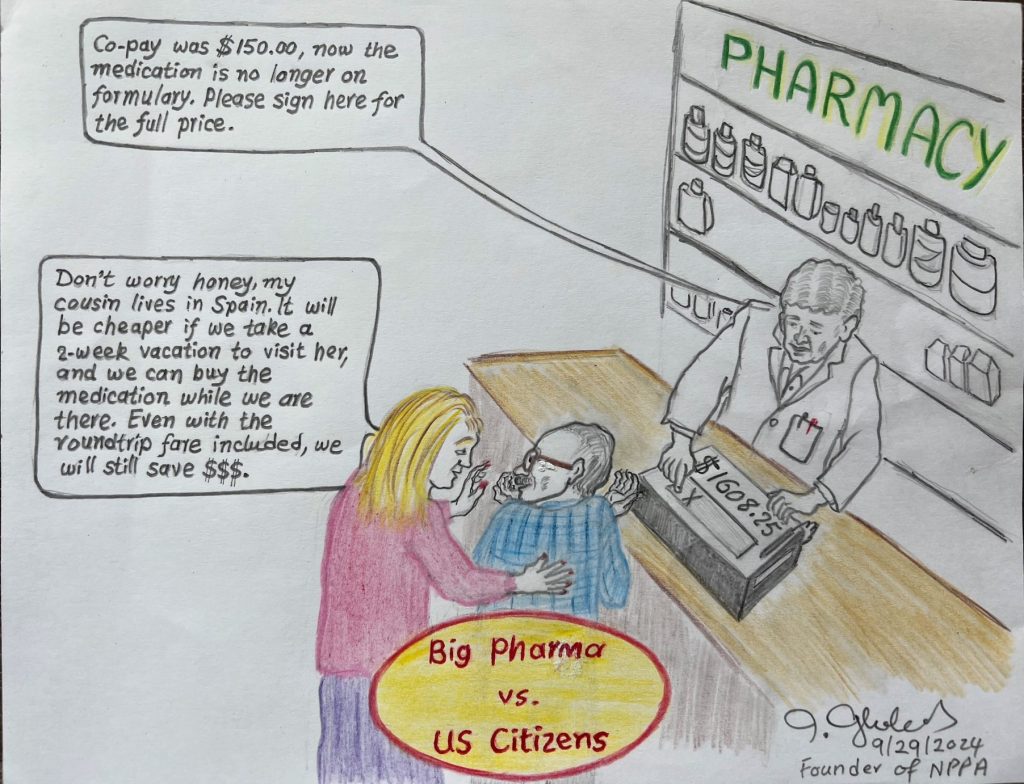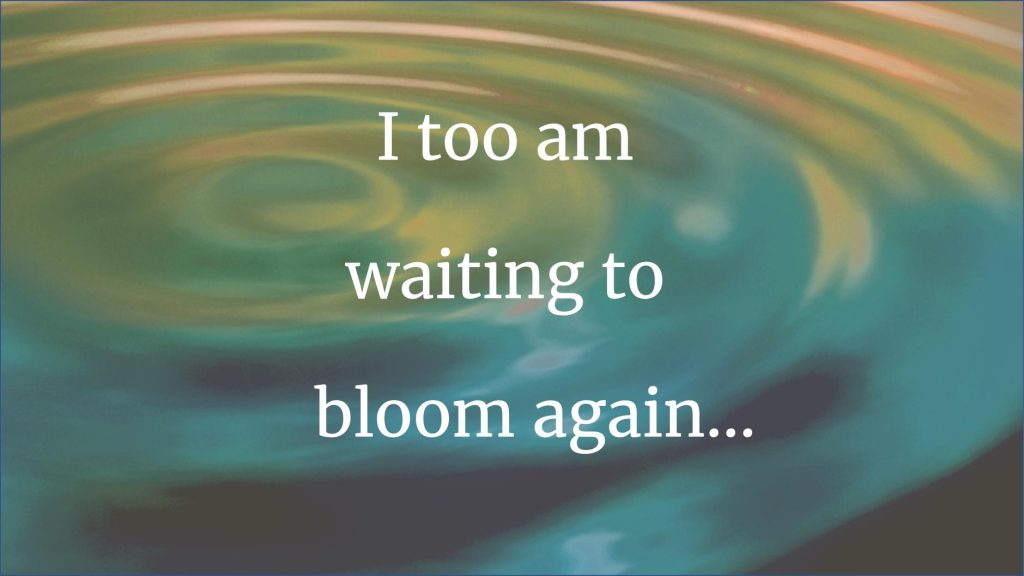La Stessa Zuppa
A few days ago, I received an Orwellian email about my National Institute of Health (NIH) biosketch from the director of an NIH-funded research center at my institution. We are submitting an application for renewal of our funding, and all mentions of health disparities, health inequities, low-income patients, and safety-net hospitals were highlighted on my biosketch with a request that I delete them.
I responded to my colleague’s e-mail, “Sure, I’ll do it (with some reluctance, horrible to have to do this).” I didn’t want to jeopardize my institution’s (and my) funding, so I edited out the undesirable language where I could. But I couldn’t change the titles of my publications dating back to 1995, such as “Health Disparities in the US and Canada: Results of a Cross-National Population-Based Survey.” I’m now feeling complicit, perhaps even compromised. Am I a coward for whitewashing my NIH biosketch?
The Changing Course of Dementia
Every morning, my grandparents would make breakfast, go for a walk, and drive to our house for lunch. In the afternoon, Grandfather watched football while Grandmother read magazines or worked in the garden. She planned to grow tomatoes once the spring rolled around.
She never did plant those tomatoes. In an unexpected cascade of events, my grandfather was diagnosed with terminal cancer. And while my grandmother had been struggling with her memory for a while, her dementia took a drastic turn after his diagnosis. She acted out in ways that were unlike her: calling the police, chasing my ill grandfather through their house with a knife, barraging my mother with terrible insults. I saw firsthand how much strain families and caregivers experience.
The Changing Course of Dementia Read More »
You Say Potato, I Say . . .
New York radio station WBAI has Gershwin classics on all day. Ella Fitzgerald and Louis Armstrong are singing the one that always made her laugh. I hope she’s still able to hear it; I turn up the volume:
You say potato, I say po-tah-to,
You say tomato, I say to-mah-to, . . .
She sits mute, a breathing statue whose life has been slowly erased from within.
Our days are gray, bleak, silent. Her silence can last days, sometimes weeks. I hear only half-words, gentle grunts, mumbles, and sighs. I wonder if she is able to think.
You Say Potato, I Say . . . Read More »
A Haunting Disease
Dad and I visited Ma every day in the nursing home. Sometimes she greeted me with a smile and a welcoming, “Well, look who’s here!” Other times she dismissed me with a menacing look and hurtful words: “You’re a piece of shit.” Dad would remind me that it was her dementia speaking, but that didn’t erase my heartache or dry my tears.
Despite lacking higher education, due to her immigrant parents’ belief that daughters did not deserve a college degree, Ma was a smart woman. She read constantly, both novels and newspapers, and she could mentally add up her grocery bill, always coming within a few pennies of the actual cost. Ma had a sharp mind, one that did not allow for false flattery or foolishness; instead, she would set a goal and achieve it, allowing nothing—and no one—to stand in her way.
A Haunting Disease Read More »
March More Voices: Dementia
Dear readers,
Our first inkling of trouble came when Maman, my Belgian mother, got lost en route to our house. After my father died, Maman had been living alone in a New Jersey apartment, and she would periodically drive across the George Washington Bridge to come visit us.
One day she didn’t arrive on schedule. After an hour had passed and we were growing frantic, the phone rang.
“I’m at a restaurant,” Maman said.
“Which one?”
“The one we always go to,” she said.
March More Voices: Dementia Read More »
What If…?
During my first two years of medical school, the service-learning program I most enjoyed was Sickle Cell Superheroes. This program matches medical students with teenagers (or “kiddos,” as I like to call them) who are transitioning from pediatric to adult hematology for management of their sickle-cell disease.
My kiddo was Harry, and I absolutely adored him.
Portraits of Persistence and Hope
As a family doctor, I see acts of bravery every day. Not big, showy, public acts, but individual, ordinary acts. Acts by people who, in the face of adversity, choose to live and to believe in a future.
Portraits of Persistence and Hope Read More »
The Only Exception
“You are the only exception . . .”
Every time I hear these lyrics by the rock band Paramore, I think of Xan, a patient I met a few years back while working as residential advisor at a mental health rehabilitation facility. There, we served patients diagnosed with treatment-resistant mental illness—people who had tried every pill and every therapy and had still been hospitalized again and again. Our program was a sort of last-ditch effort to get people back on their meds, back in their community, back to living lives that they found meaningful.
The Only Exception Read More »
Humans Taking Care of Humans
The patient dug her fingers into my palms, her grip so tight, yet slippery from the sweat. Tears streamed down her face. I could see her pain, from a place I couldn’t fathom.
She’d come to us in the second trimester of her pregnancy. When we examined her, there was no sign of life inside her womb. The fetus had not passed spontaneously, so we performed a procedure called Dilation and Evacuation, or D&E.
Humans Taking Care of Humans Read More »
Sweeping the Floor
The plants that curve into the bay window in the parlor
Drop their leaves to the scuffed wooden floor of this old house
When they no longer hold life.
There they dry and crumble
Scattering dust and debris across the soft pine,
Clinging to my socks
As I stretch to open the shade
And let in the morning sun.
Sweeping the Floor Read More »




